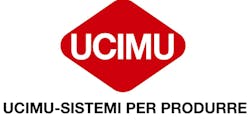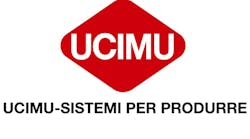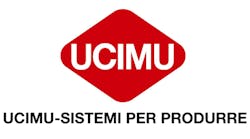Statisticians for Italy’s machine-tool builders trade association report that the members’ fourth-quarter 2012 new orders increased 1.6%, but that slight increase obscures a more serious concern: that weakening international demand for manufacturing technology is eroding the confidence of the member companies, who already are struggling to offset the low level of demand in the Italian domestic market.
“It is certainly not possible to grow indefinitely,” acknowledged Luigi Galdabini, president of UCIMU, “but the slow down in orders from the export markets has become a rather serious complication, taking into account that in Italy investments in capital goods are still at a standstill.”
UCIMU-Sistemi per Produrre is the association of Italian machine tool, robot, and automation system manufacturing industry. When the group presented its consolidate results for 2012 in January, it reported export volumes had increased 12%, though domestic shipments fell 13%. Thus, while foreign orders have sustained the manufacturers, the second quarter and third quarter, and now the fourth quarter of 2012, have shown the momentum for demand is working in the wrong direction.
The statistics indicate Italian domestic orders increase 38.8% during Q4 2012, versus Q4 2011, but with an absolute value that is still more than 10% below the index value for the period.
Likewise, Italian exports of machine tools and related equipment declined 4.3% during Q4 2012, versus Q4 2011, though the absolute value of orders remains just slightly above the index average.
On an annual basis, the UCIMUindex decreased 4.8% versus the 2011 average, which the group notes results from falling foreign demand (-5.3%) and the continuing low level of domestic demand.
“These last figures confirm the feeling that investments in the main outlet markets for (products) ‘Made in Italy’ are slowing down,” Luigi Galdabini, noted. “This is a very dangerous situation for Italian manufacturers, who in the last few years have concentrated their activities over the border to counteract the stagnation of the domestic market.”
The UCIMU president went on to reiterate his group’s recent call for economic policies in Italy that will ease the tax burden on capital equipment purchases, and a revision of regulatory requirements in order to promote industrial growth and development.
“In response to the more difficult conditions of the sectors,” he said, “it is necessary that those who will run the country consider the central role of the Italian industrial system which, thanks to SME, provides employment to hundreds of thousands of families. For this purpose, UCIMU-Sistemi per Produrre, in line with the requests of Confindustria, asks that companies are supported in their growth and development, without which the country risks to fall back on itself.”








